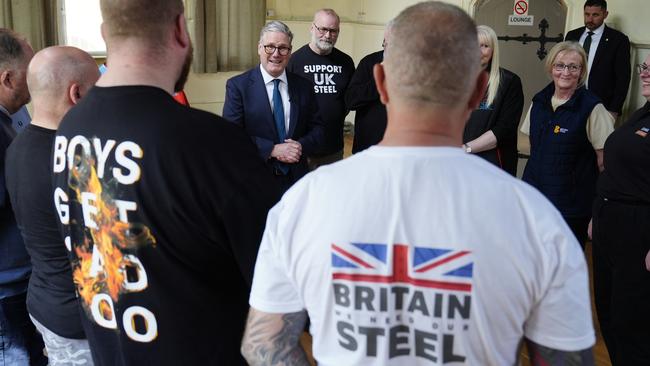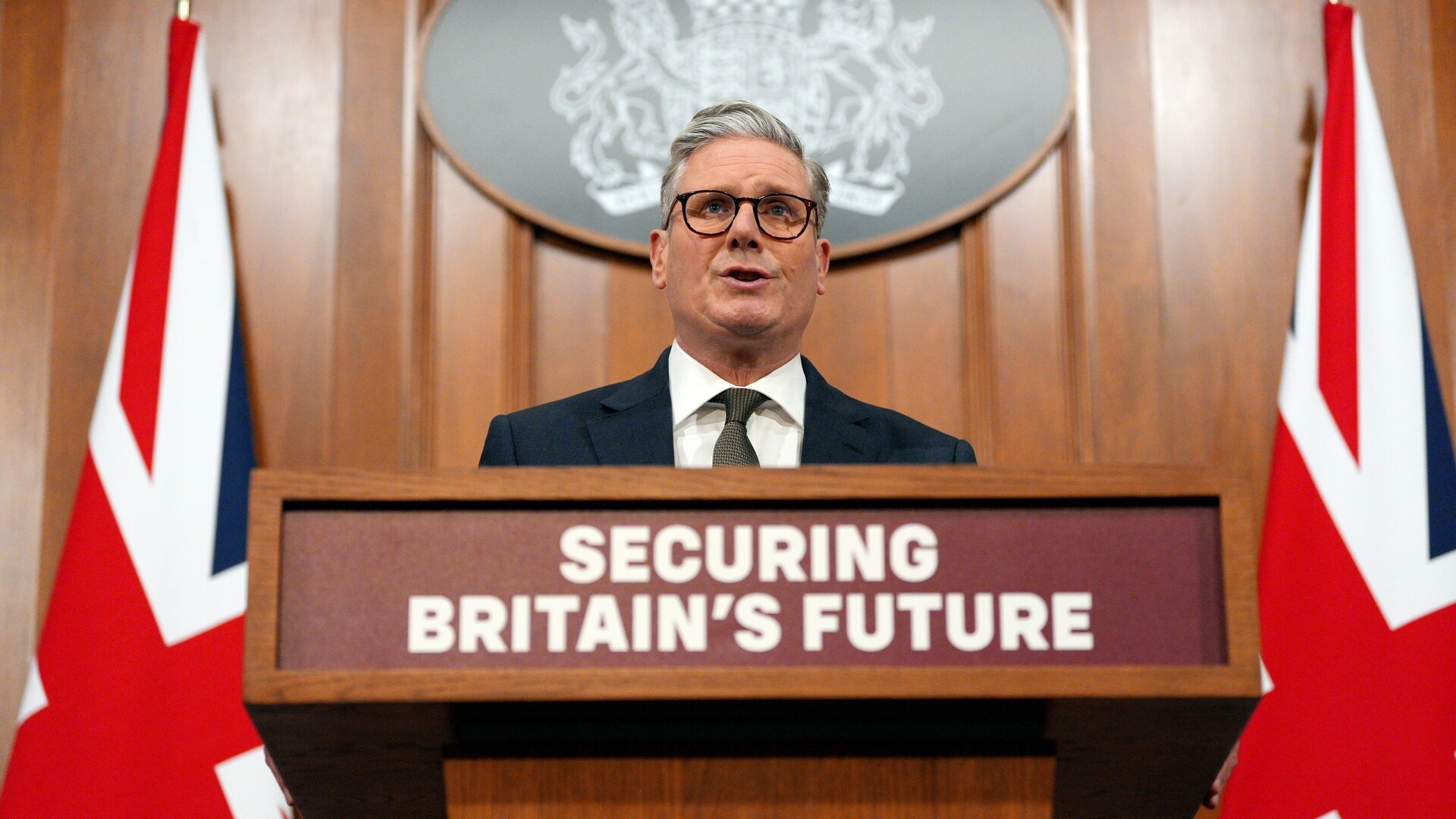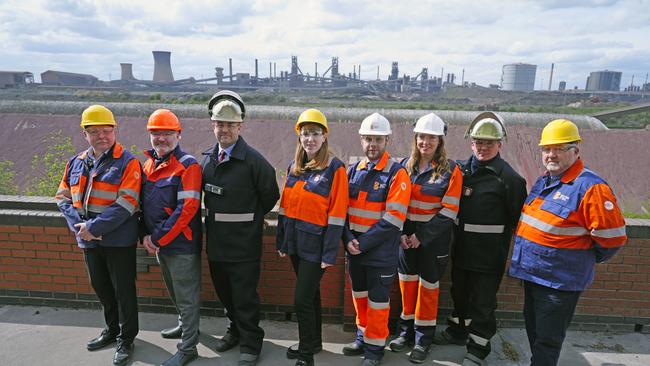Downing Street backed Chinese investment in critical infrastructure weeks before British Steel crisis
Energy secretary Ed Miliband promised ‘close co-operation’ with Beijing a month before the government wrested control of British Steel from Jingye.

Ed Miliband, Britain’s Energy Secretary, encouraged Chinese involvement in key parts of the UK’s critical infrastructure less than a month before the government wrested control of British Steel.
Mr Miliband heralded how “two-way trade and investment can bring mutually beneficial results” and signed an agreement promising “close co-operation” with Beijing during a visit to the country last month, The Times can reveal.
He signed a memorandum of understanding on a “clean energy partnership” - the first update to the agreement since the golden era of relations between China and Britain a decade ago.
It outlined co-operation in key areas including the power grid, battery storage and offshore wind power.
Further doubts have been cast over Britain’s relationship with China under the Labour government after ministers were forced to take direct control of British Steel’s Scunthorpe site from the Chinese firm Jingye after fears were raised that it would shut down the country’s last remaining blast furnaces.

Rachel Reeves, the chancellor, visited China in January to promote “new opportunities” for investment, and Douglas Alexander, the trade minister, is visiting counterparts in the country this week.
It has also emerged that:
● Parts of the Chinese state could be declared a national security threat under plans to circumvent competing pressure from MI5 and the Treasury;
● Downing Street said it was “confident” it would be able to keep the blast furnaces at the site running;
● Lin Jian, the Chinese foreign ministry spokesman, accused Britain of “politicising” trade co-operation, and suggested its companies could be put off investing in Britain if they were not treated “fairly”; and
● Angela Rayner, the deputy prime minister, praised workers as “the people who have kept this going” on a visit to Scunthorpe.
Ms Rayner, who met staff at the Lincolnshire site on Monday, said she was “confident that the furnaces will continue to fire” with necessary materials arriving at Immingham.
Jonathan Reynolds, the business secretary, will travel to the port on Tuesday to see them unloaded.
Ministers are considering whether to declare some arms of the Chinese state as a national security threat to guard against the agencies that pose the highest risk in terms of their interference activities in the UK.

During his visit to China, Mr Miliband offered Beijing “expertise” on how to phase out the production of coal. While the visit was previously reported on, the outcome of his meetings and comments made on the trip had not been revealed.
British diplomats in Beijing have been pushing for Chinese investment in Labour’s net-zero push for months.
Two Chinese companies, Mingyang and Orient Cable, have been earmarked to get £60m ($125m) in Scottish government funding to help build factories in Scotland serving vast offshore wind farms in the North Sea. Chinese General Nuclear Power is the lead developer in the Bradwell B nuclear plant in Essex, and still holds a minority stake in Hinkley Point C in Somerset.
Luke de Pulford, the executive director of the Inter-Parliamentary Alliance on China, said the country’s renewable industry was “hugely dependent on state imposed forced labour”, adding: “It’s bad enough that our green targets are ... unachievable without China. Even more terrifying to think of the strategic leverage such dependency hands to the Chinese Communist Party.”

A government source said of the agreement made by Mr Miliband: “They’re very good at offshore wind, we’re also good at offshore wind ... this is about sharing lessons.”
The agreement does not set any legally binding targets or enforce specific projects, it is understood. However, there have long been fears that China uses research co-operation agreements with Britain to benefit its own military-industrial complex. The Times previously revealed how dozens of British universities have partnered with bodies in China connected to nuclear weapons development and espionage.
Mr Miliband told his Chinese counterparts that the UK “very clearly ... stands committed to deepen and strengthen our partnership” on green energy.
A government spokesman said: “We must engage pragmatically with China on trade, co-operate where we can. We will always take a consistent long-term strategic approach ... ensuring that we have the appropriate measures in place to mitigate any risks.”
The Times



To join the conversation, please log in. Don't have an account? Register
Join the conversation, you are commenting as Logout